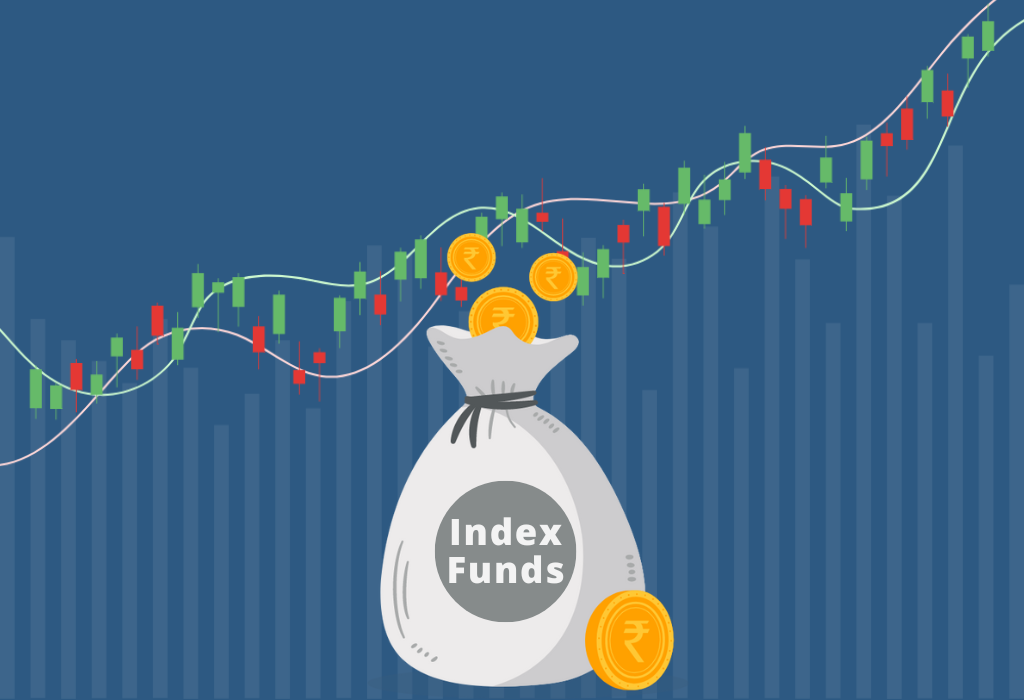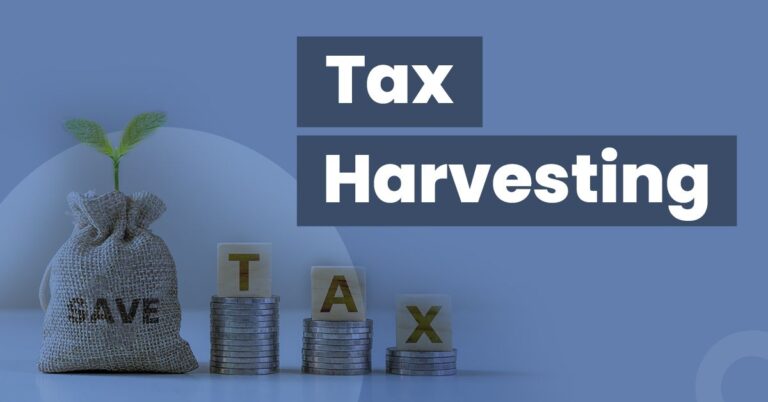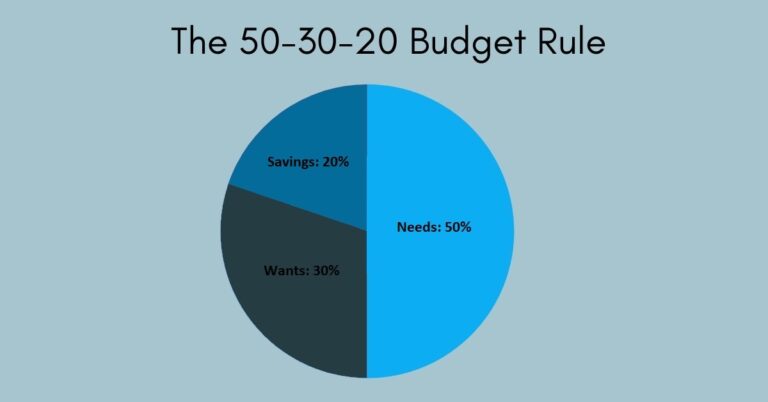What is an index fund and how does it work?
Index Funds
An “index fund” is a type of mutual fund or exchange-traded fund that seeks to track the returns of a market index. The Nifty 50 Index, BSE Sensex, S&P 500 Index and the S&P Dow Jones Indices, are just a few examples of market indexes.

In equity investing, a known method of reducing risks is diversifying your equity portfolio by investing in shares of companies from different sectors and of market capitalization. This is where the Index Funds step in. Here, we will explore Index Funds and talk about the different types of index funds in India along with their benefits and a lot more.
What are Index Funds?
An index fund is a portfolio of stocks or bonds designed to mimic the composition and performance of a financial market index. Index funds invest in the same assets using the same weights as the target index, typically stocks or bonds. These funds strive to offer returns comparable to the index they track.
Index Funds are passive mutual funds. The Fund Manager doesn’t play an active role in selecting industries and stocks to build the fund’s portfolio but simply invests in all the stocks that make up the index to be followed. The weightage of the stocks in the fund closely matches the weightage of each of the stock in the index. This is passive investment i.e. the fund manager simply copies the Index while building the fund’s portfolio and tries to maintain the portfolio in sync with its index at all times.
Who should invest in an Index Fund?
Since Index Funds track a market index, the returns are approximately similar to those offered by the index. Hence, investors who prefer predictable returns and want to invest in the equity markets without taking a lot of risks prefer these funds. In an actively managed fund, the fund manager changes the composition of the portfolio based on his assessment of the possible performance of the underlying securities.
This adds an element of risk to the portfolio. Since index funds are passively managed, such risks do not arise. However, the returns will not be far greater than those offered by the index. For investors seeking higher returns, actively managed equity funds are a better option.
Things to consider before investing in Index Funds
Here are some important aspects that you must consider before investing in index funds in India:
Risks and Returns
Since index funds track a market index and are passively managed, they are less volatile than the actively managed equity funds. Hence, the risks are lower. During a market rally, index funds returns are good usually.
However, it is usually recommended to switch your investments to actively managed equity funds during a market slump. Ideally, you should have a healthy mix of index funds and actively managed funds in your equity portfolio.
Further, since the index funds endeavor to replicate the performance of the index, returns are similar to those of the index. However, one component that needs your attention is Tracking Error. Therefore, before investing in an index fund, you must look for one with the lowest tracking error.
Expense Ratio
Expense Ratio is a small percentage of the total assets of the fund charged by the fund house towards fund management services. One of the biggest USP of an index fund is its low expense ratio. Since the fund is passively managed, there is no need to create an investment strategy or research and find stocks for investing. This brings the fund management costs down leading to a lower expense ratio.
Tax
Being equity funds, index funds are subject to dividend distribution tax and capital gains tax subject to dividend distribution tax and capital gains tax.
Dividend Distribution Tax (DDT)
When a fund house pays dividends, a DDT of 10% is deducted at source before making the payment.
Capital Gains Tax
On redeeming the units of an index fund, you earn capital gains – which are taxable. The rate of tax depends on the holding period – the period for which you were invested in the fund.
> The capital gains earned by you for a holding period of up to one year = Short Term Capital Gain (STCG) which is taxed at 15%.
> The capital gains earned by you for a holding period of more than one year = Long Term Capital Gain (LTCG). LTCG up to Rs. 1 lakh is not taxable. Any LTCG above this amount is taxed at the rate of 10% without indexation benefits.
Are Index Funds Good for Beginners?
Index funds can be an excellent option for beginners stepping into the investment world. They are a simple, cost-effective way to hold a broad range of stocks or bonds that mimic a specific benchmark index, meaning they are diversified. Index funds have lower expense ratios than most actively managed funds, making them affordable, and often outperform, too.
These reasons make them a solid choice not only for beginners, but many expert investors as well. A final bonus for newer investors is if your fund is tied to a main index like the S&P 500 or Nasdaq composite, Nifty 50, BSE Sensex you’ll see news coverage of it often, helping you keep beside each other in a line of your investment while learning the broader market’s ups and downs.
Learn more about Advantages and Disadvantages of Owning Mutual Funds







